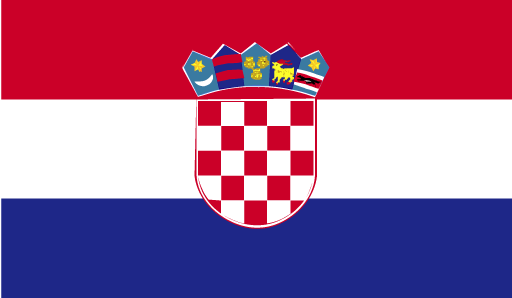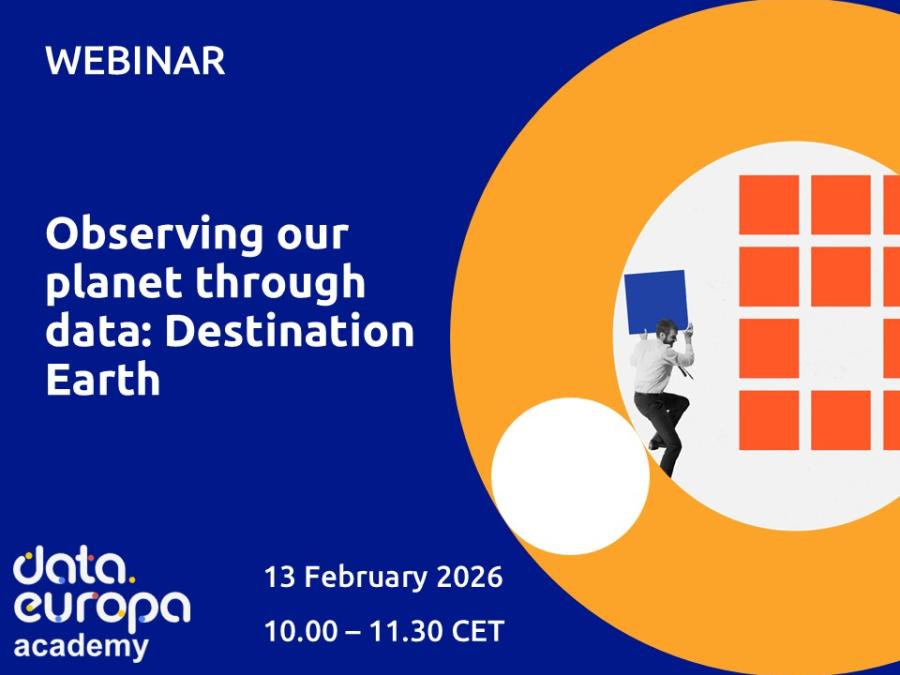Hrvaška

Blogi iz: Hrvaška
Trenutno ni člankov v blogu
Use cases in: Hrvaška
The platform allows parents to find and compare kindergartens in the city of Zagreb. Users see a map where they can search for kindergartens in specific locations, kindergarten programs, or other themes. If a user clicks on a kindergarten, the contact details and a link to the public website of the kindergarten appears. Also, the tool allows people to rate a kindergarten and its services.
The platform allows parents to find and compare kindergartens in the city of Zagreb. Users see a map where they can search for kindergartens in specific locations, kindergarten programs, or other themes. If a user clicks on a kindergarten, the contact details and a link to the public website of the kindergarten appears. Also, the tool allows people to rate a kindergarten and its services.
The platform allows parents to find and compare kindergartens in the city of Zagreb. Users see a map where they can search for kindergartens in specific locations, kindergarten programs, or other themes. If a user clicks on a kindergarten, the contact details and a link to the public website of the kindergarten appears. Also, the tool allows people to rate a kindergarten and its services.
Poročila v: Hrvaška

Dogodki v zvezi z odprtimi podatki v: Hrvaška

Trenutno ni načrtovanih dogodkov
Open Data News in: Hrvaška






